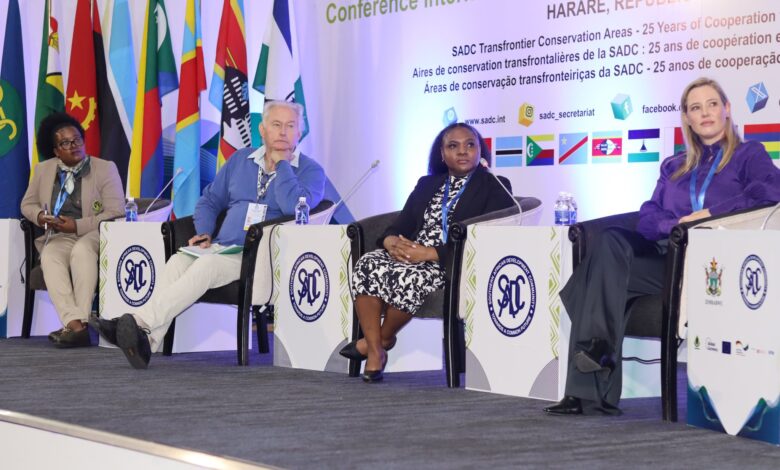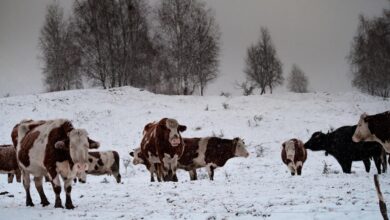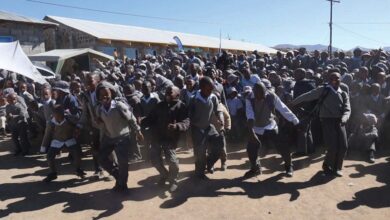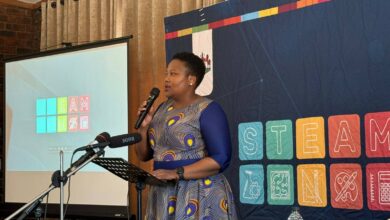Day 2: SADC Discusses Role of Transfrontier Conservation Areas in Boosting Biodiversity and Rural Livelihoods

The Southern African Development Community (SADC) has entered the second day of its pivotal discussions on the role of Transfrontier Conservation Areas (TFCAs) in promoting biodiversity conservation and delivering tangible socio-economic benefits to rural communities. The high-level gathering, which has drawn delegates from across the region, underscores the vital importance of environmental cooperation in shaping the future of sustainable development in Southern Africa.
This year’s conference theme, “SADC Transfrontier Conservation Areas: 25 Years of Cooperation for Regional Integration and Sustainable Development,” marks a significant milestone in the region’s collective efforts to conserve shared ecosystems that span multiple national borders. These conservation zones, known as TFCAs, are designed to protect biodiversity while fostering regional collaboration, tourism development, and economic upliftment for communities living within and around protected areas.
On Day 2, stakeholders continued to explore how TFCAs can be leveraged to benefit rural populations who are often the stewards of rich natural resources but face limited economic opportunities. Presentations and roundtable discussions focused on sustainable land-use practices, community-driven ecotourism models, and the integration of traditional knowledge into conservation planning. Delegates also shared success stories and lessons learned from existing TFCAs across the region, highlighting the critical balance between conservation goals and human development needs.
While the Right Honourable Prime Minister of Lesotho has not yet arrived, the Kingdom remains strongly represented. A delegation of senior government officials is actively participating in both the strategic sessions and field activities, reaffirming Lesotho’s commitment to cross-border conservation and regional solidarity. Their contributions have been instrumental in shaping conversations around innovative policy approaches and funding mechanisms to support TFCA initiatives.
As the conference progresses, there is growing anticipation around the outcomes that could help deepen integration among SADC member states and deliver long-term benefits to both nature and people. By aligning conservation efforts with socio-economic development, SADC continues to position TFCAs as key instruments for achieving sustainable livelihoods and ecological resilience in Southern Africa.
The discussions will continue into Day 3, with a focus on aligning regional conservation policies with global environmental targets and strengthening institutional frameworks to support transboundary cooperation.
Join 'Lesotho News' WhatsApp Channel
Get breaking Lesotho news — delivered directly to your WhatsApp.
CLICK HERE TO JOIN



